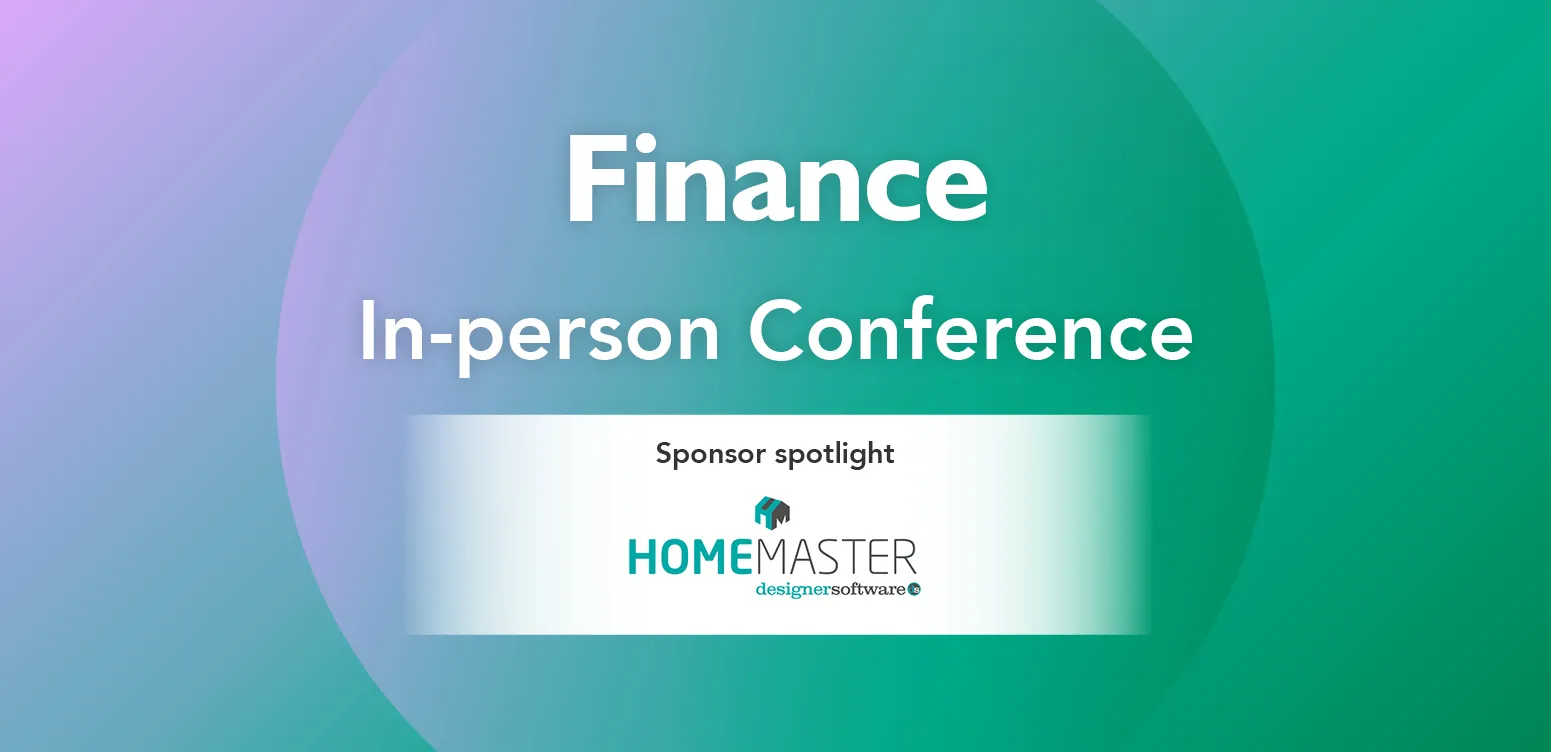HomeMaster: Change doesn't happen overnight, it takes time
HomeMaster was the Carbon Consultancy sponsor at SFHA's Finance Conference which took place on 16 and 17 November.
HomeMaster was the Carbon Consultancy sponsor at SFHA's Finance Conference which took place on 16 and 17 November.

By HomeMaster
Climate change is becoming ever more present on the daily agenda. Seemingly disparate events across the globe from Australia to California and on our doorstep in Europe are becoming more frequent and more severe. Extreme contrasts such as droughts and floods are rooted in the same cause – forces that previously appeared to be greater than ourselves as so called ‘natural’ events? Or going back further, attributed to be acts of divine intervention? Neither.
The impact of previous, and current, human habits have been found to undeniably influence these instances of extreme weather. The consequences of which have devasting impacts across lives, homes and habitats globally.
What we have seen for a long time as innocuous and inconsequential actions have now been discovered to be contributing to potentially uncontrollable and irreversible changes that will impact future generations to come.
As a topic, climate change is at the forefront of the social conscience, but understanding the reasons why it is happening is key to being able to enact change. The Earth, by design, has an atmosphere that acts as insulation to regulate the planet’s temperature in order to maintain a stable climate – one in which all life has evolved to survive. This act of insulation is known as ‘the greenhouse effect’.
A stable climate requires the greenhouse effect to be in a state of equilibrium – that being the volume of greenhouse gases that are in the atmosphere at any one time. These gases are naturally occurring and there are natural cycles in place to ensure that their volumes are regulated. Carbon dioxide is one of these gases. It is breathed out by humans, but used by trees and plants for photosynthesis and by plankton to grow and thrive, thus there is balance.
Over time, however, more carbon dioxide has been released and large areas of forest have been depleted, leading to the levels of greenhouse gases (such as CO2) to increase. Huge levels of industrialisation were, and are, fuelled by the burning of fossil fuels which have millions of years of carbon stored in them. The increased level of industry meant prosperity. Prosperity meant people lived longer. More people meant more food was needed to eat and more space was needed to live. Agriculture, construction and deforestation to supply the growing population with food and shelter, particularly in the global-south, along with increased consumption in the western-world, has all led to a huge imbalance of greenhouse gases that now threatens our future.
Where there is an imbalance of carbon dioxide, i.e. too much, it ends up in the atmosphere. An excess of Greenhouse Gases in the atmosphere results in an increase of the greenhouse effect. The previous equilibrium is then lost and the climate becomes less stable.
A hotter planet means more extreme weather. Oceans begin to expand and sea levels rise. Glaciers melt and sea levels rise even further. Droughts and floods, elemental opposites, can now be viewed together. A chain of events has become clear.
Whether it be COP26 or bans on gas boilers and diesel cars, decisions are being made to redress the situation as much as possible. Carbon producing activities are being reviewed on a massive scale to become sustainable.
Being sustainable means being conscious of the impact of our actions. It’s not just about being environmentally responsible, but socially responsible. It’s about being aware and mindful of the carbon we are producing and what we can do to minimise its impact. Any carbon we release can be offset. Other actions can be taken to remove that carbon from the atmosphere, this is decarbonisation. We can offset carbon to such a degree that processes, people and organisations can be carbon-neutral, not contributing any further excess carbon to our atmosphere, and carbon-negative, removing excess carbon from out atmosphere.
At HomeMaster, we’ve been working to understand our own carbon footprint and how we can make a change. We’ve made the first step on this journey, and we are now carbon-neutral certified, however, we recognise there is more to do as we aim to become a net zero business, one that has reduced its carbon emissions as much as possible and offset more than the balance, thus making us carbon-negative.
Change doesn’t happen overnight, it takes time. But, we hope over time that you join us on this journey to make the right choices for the very best of reasons.